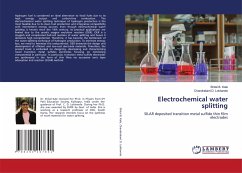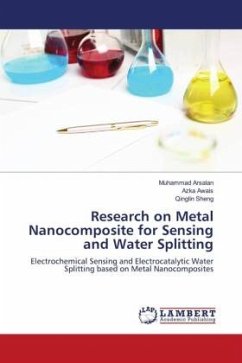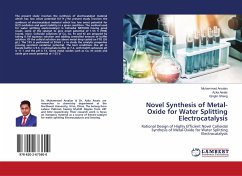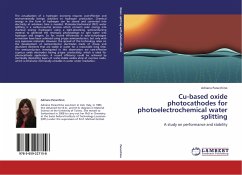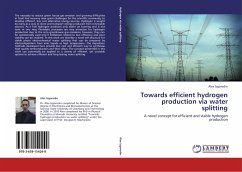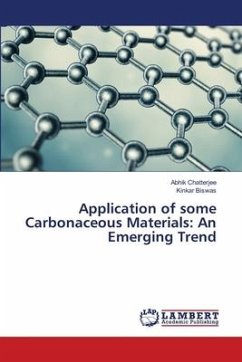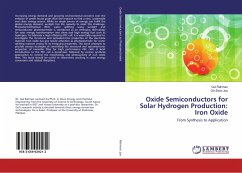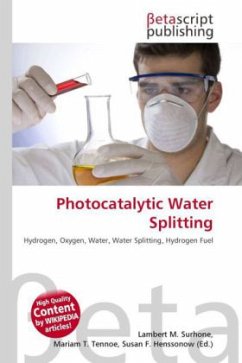Hydrogen fuel is considered an ideal alternative to fossil fuels due to its high energy output and carbon-free combustion. The electrochemical water splitting technique of hydrogen production is the most feasible due to its clean fuel production and integrative compatibility with intermittent energy sources. Even though electrochemical water splitting is known since the 19th century, its practical applications are limited due to the anodic oxygen evolution reaction (OER). OER is a sluggish and complicated half-cell reaction of water splitting and hence it demands high overpotential. Therefore, it has become the bottleneck of the water-splitting technique of hydrogen production. To minimize energy loss, we need to minimize this overpotential. OER demands the design and development of efficient and low-cost electrode materials. Therefore, the present book is embarked on designing, developing and characterizing novel transition metal sulfides electrodes focusing on minimizing overpotential in particular. In particular, transition metal sulfide electrodes are synthesized in the form of thin films via successive ionic layer adsorption and reaction (SILAR) method.

